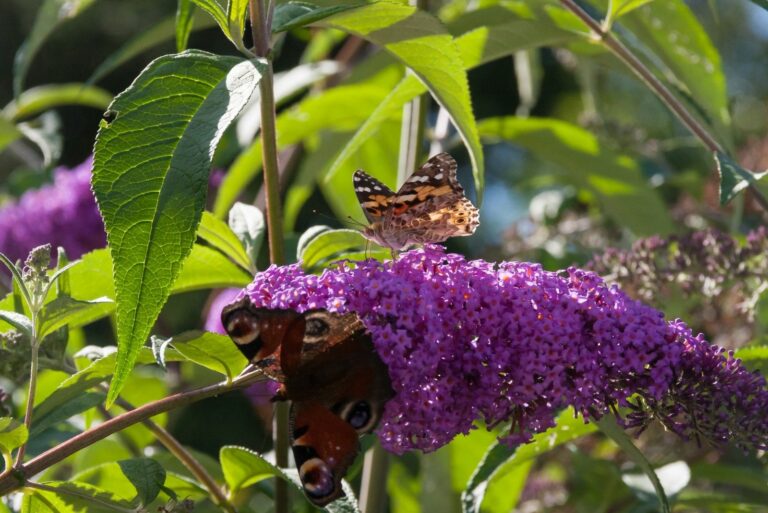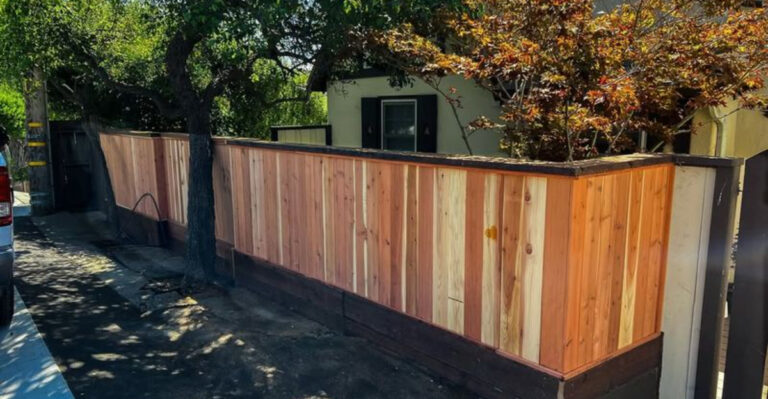11 Common Yard Features That May Soon Disappear From Oregon Neighborhoods

Oregon yards have always blended tradition, practicality, and personal flair. But as eco-awareness grows, some long-standing features are starting to fade. Water-thirsty lawns and outdated garden structures are losing their appeal. Homeowners are rethinking what truly belongs in a modern, sustainable yard.
I’ve seen neighborhoods swap turf for native plants and old designs for fresh, low-impact ideas. It’s a quiet shift that’s reshaping outdoor spaces across the state.
1. Traditional Grass Lawns

Water restrictions and drought concerns are pushing Oregon homeowners to rethink the classic grass lawn. Many cities now encourage alternatives that require less irrigation and maintenance.
Native ground covers, clover, and ornamental grasses are becoming popular replacements. They stay green longer, support local pollinators, and cut down on mowing time.
As environmental priorities shift, the traditional turf lawn may soon become a rarity rather than the norm in Oregon communities.
2. Decorative Rock Gardens

Once seen as low-maintenance and modern, decorative rock gardens are losing favor. They absorb and radiate heat, which can stress nearby plants and increase yard temperatures during summer.
Oregon gardeners are now choosing living ground covers and mulch instead. These options improve soil health, retain moisture, and create habitat for beneficial insects.
The shift reflects a growing preference for gardens that work with nature rather than against it, especially in a changing climate.
3. Privacy Hedges Of English Laurel

English laurel has been a go-to privacy screen for decades, but its invasive nature is causing problems. The plant spreads aggressively, crowding out native species and disrupting local ecosystems across Oregon.
Homeowners are being encouraged to replace it with native alternatives like Oregon grape or red-twig dogwood. These provide privacy while supporting local wildlife and requiring less upkeep.
Expect to see fewer laurel hedges as awareness about invasive plants continues to grow statewide.
4. Wood Chip Bark Mulch

Bark mulch has been a staple in Oregon gardens for years, but it’s starting to fall out of favor. It breaks down slowly, can harbor pests, and doesn’t add much nutrition to the soil.
Gardeners are switching to compost, leaf mulch, or living ground covers instead. These enrich the soil naturally and support healthier plant growth over time.
The move toward regenerative gardening practices means traditional bark mulch may soon be replaced by more beneficial options throughout the state.
5. Concrete Patios

Solid concrete patios are being reconsidered as homeowners focus on stormwater management. These impermeable surfaces prevent rainwater from soaking into the ground, contributing to runoff and drainage issues.
Permeable pavers, gravel, and flagstone are gaining popularity in Oregon yards. They allow water to filter naturally while still providing functional outdoor spaces.
As cities encourage green infrastructure, expect more homeowners to remove or retrofit old concrete patios in favor of eco-friendly alternatives.
6. Ornamental Water Fountains

Decorative fountains once symbolized elegance and relaxation, but they’re becoming less common. They require regular maintenance, use electricity, and can waste water through evaporation during Oregon’s dry summers.
Homeowners are opting for rain gardens, birdbaths, or small ponds instead. These features attract wildlife, conserve resources, and fit better with sustainable landscaping goals.
The trend toward purposeful water use means ornamental fountains may soon be seen as relics of a less eco-conscious era.
7. Chain-Link Fences
Chain-link fences are practical, but they’re increasingly viewed as outdated and unattractive. They offer little privacy, can rust over time, and don’t contribute to the aesthetic appeal of Oregon neighborhoods.
Wooden fences, living fences made from shrubs, and modern metal panels are replacing them. These options provide better privacy, blend with landscaping, and enhance curb appeal.
As design preferences evolve, the utilitarian chain-link fence is quietly disappearing from residential properties across the state.
8. Gas-Powered Lawn Equipment Storage
Sheds full of gas mowers, blowers, and trimmers are becoming less common as electric and battery-powered tools take over. Oregon has been at the forefront of reducing emissions from small engines, with some cities even banning gas-powered equipment.
Electric alternatives are quieter, cleaner, and easier to maintain. They’re also better for air quality and neighborhood peace.
The shift toward electric landscaping tools means dedicated storage for gas equipment may soon be unnecessary in many Oregon yards.
9. Non-Native Ornamental Shrubs

Flashy non-native shrubs like photinia and burning bush have been landscaping staples, but they’re losing ground. Many don’t support local pollinators or wildlife, and some can become invasive in Oregon’s climate.
Native shrubs like oceanspray, salal, and serviceberry are taking their place. They thrive without extra care, attract beneficial insects, and fit naturally into regional ecosystems.
As native plant movements gain momentum, expect to see fewer imported ornamentals in Oregon yards going forward.
10. Above-Ground Swimming Pools

Above-ground pools were once a backyard summer staple, but they’re becoming rare. They require significant water, energy for heating and filtration, and ongoing maintenance that many Oregon families no longer prioritize.
Natural swimming ponds and splash pads are emerging as alternatives. These options use less water, blend into landscapes, and provide fun without the environmental cost.
As water conservation becomes more important, traditional above-ground pools are likely to vanish from Oregon neighborhoods.
11. Plastic Garden Edging
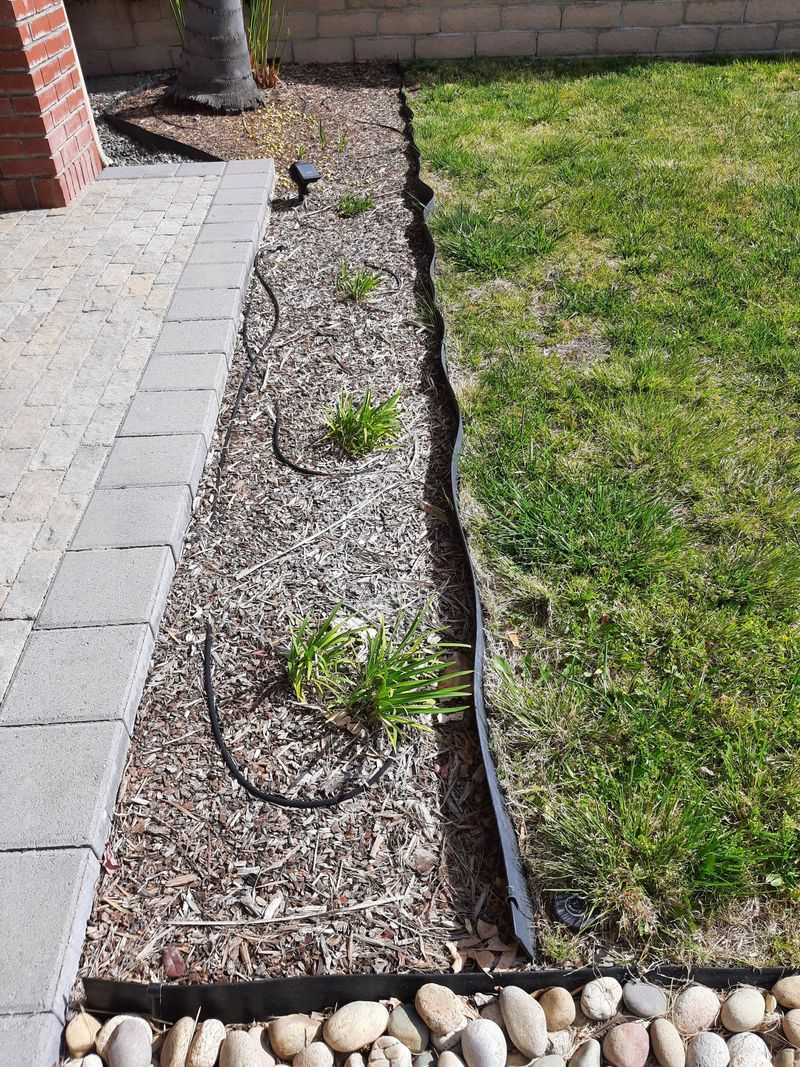
Plastic edging has been a quick fix for defining garden beds, but it’s falling out of favor. It deteriorates under sun exposure, becomes brittle, and contributes to microplastic pollution as it breaks down.
Natural stone, metal, or wood edging is replacing plastic in Oregon gardens. These materials last longer, look better, and don’t harm the environment.
The push toward sustainable materials means plastic garden edging will likely disappear as homeowners seek more durable and eco-friendly options.

